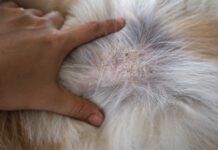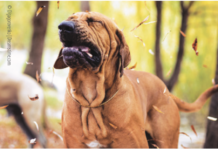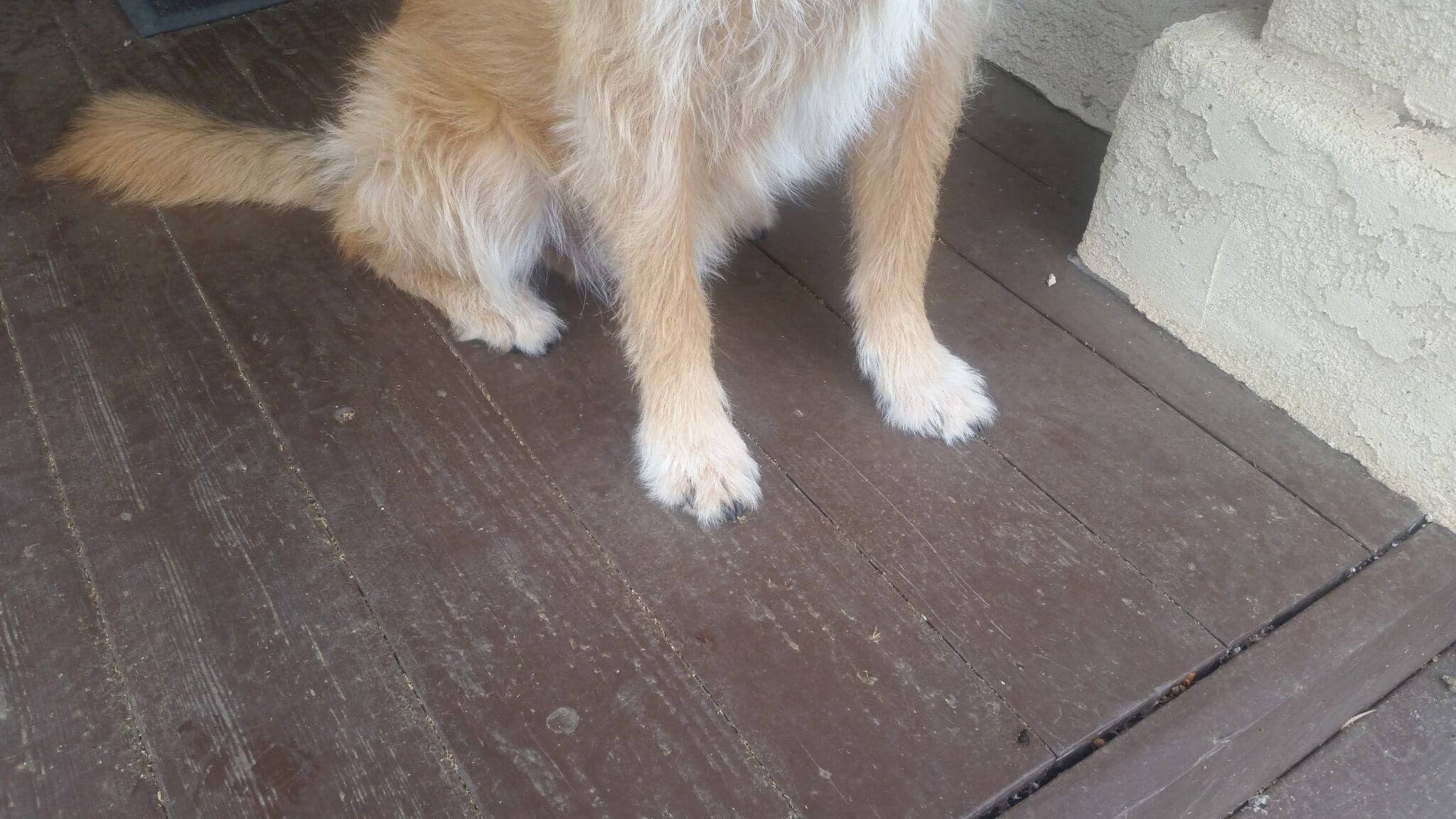Home Search
allergies - search results
If you're not happy with the results, please do another search
All About Allergies in Dogs
There are few things that make dogs (and their veterinarians) tear their hair out like skin allergies. Skin conditions are the top cause for...
Can My Dog Have Down Syndrome? (and Other Questions About Dog Genetics)
While dogs can’t have Down Syndrome, they can possess chromosomal abnormalities that lead to conditions similar to that disorder. These include developmental disabilities, difficulty with coordination, as well as distinct physical features such as a flattened face, shorter limbs, and smaller stature.
Seborrhea in Dogs
Got flaky skin? Maybe with a little odor and grease? Your dog may have seborrhea. Seborrhea is not a disease, but a description of an abnormal process occurring with your dog’s skin and sebaceous glands.
Canine Allergies and Your Dog’s Health
or anything else.üBonnie's sores healed when her owner noticed her eating fresh cleavers, and started giving the dog supplemental forms of the herb.
Help Your Dog With Allergies
Dogs are most commonly allergic to flea bites, and they can be allergic to certain foods, but environmental allergies often present the biggest challenge...
Canine Skin Allergies and Skin Care
Quick: What’s the number one canine disease complaint heard by veterinarians? That’s right, it’s itching and scratching. “My dog is ripping himself to shreds!” “She’s almost bald from chewing herself!” “He’s rubbing himself on the carpet, the furniture, and even the walls!” Many people seem to think that all dogs scratch themselves. Of course, pretty much every dog will scratch for a moment if they get a little itch, but that’s not what we’re discussing. The scratching we’re discussing – the scratching that is of real concern – is not occasional or casual.
Webinar About Canine Allergies April 22
It's amazing to me that even people who have fairly serious allergies themselves often fail to see the similarities between their own condition and their dog's allergies. Many people are quite experienced at avoiding the substances to which they are allergic but don't realize that it would help their dog considerably if they would invest some time in trying to identify the substances to which their dog is allergic and limiting the dog's exposure to that allergen.
My Dog’s Springtime Allergies: RIGHT on Time
In past years, I've discussed my system of keeping a yearly calendar for my dogs that is loaded with notes about their health and behavior. It helped me identify the earliest signs of Otto's springtime allergies, and take proactive management steps to minimize his suffering.
Commercial Dog Food For Allergies
Owners who don't feel capable of or willing to carry out a rigorous trial may prefer to try a commercial dog food that has been processed in such a way as to render the proteins hypoallergenic, or one designed specifically for use in an elimination diet. Chances are good that your veterinarian carries at least one of these types of food. Some are limited-ingredient diets, available over the counter; others are prescription diets. All cost around 30 percent more than even the best nonprescription dog foods.
Limited Ingredient Dog Food – How to Find the Best Dog Food for Allergies...
So much of what’s on dog food labels has to do with marketing, rather than nutrition. The phrase “limited ingredient” falls somewhere in between.
There...
Find the Best Dog Food For Your Dog with Allergies
Many of us have identified certain ingredients that we don’t want to see in our dogs’ food.
Sometimes we have good evidence for this, such...
(Canine Allergies #2) – How to Stop The Itch
Most holistic veterinary practitioners recommend switching any itchy dog to a complete and balanced home-prepared diet containing “real foods.” This will decrease the dog’s exposure to unnecessary or complex chemicals and give his body the opportunity to utilize the higher-quality nutrients present in fresh foods. Whether the diet is cooked or raw, the increased nutrient quality and availability of fresh whole foods will improve the health of any dog who currently receives even the best dry or canned foods.












